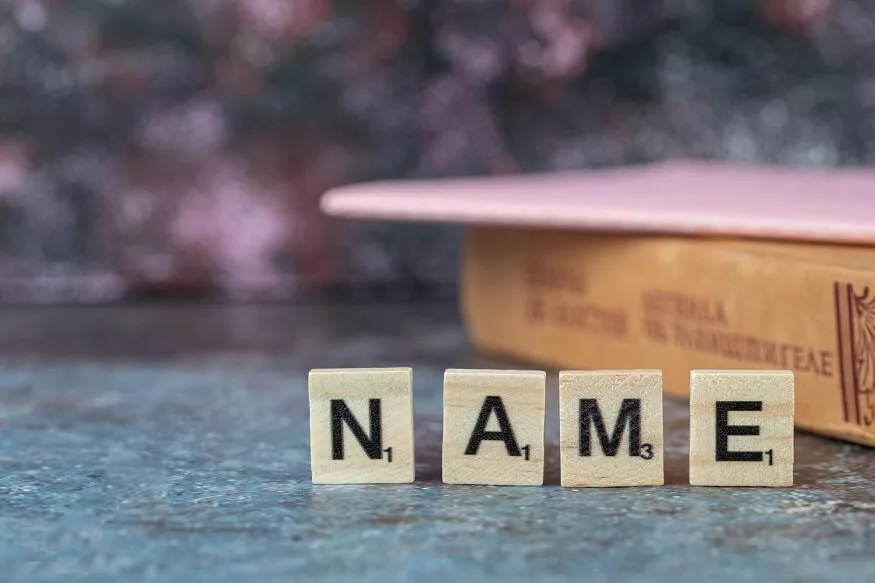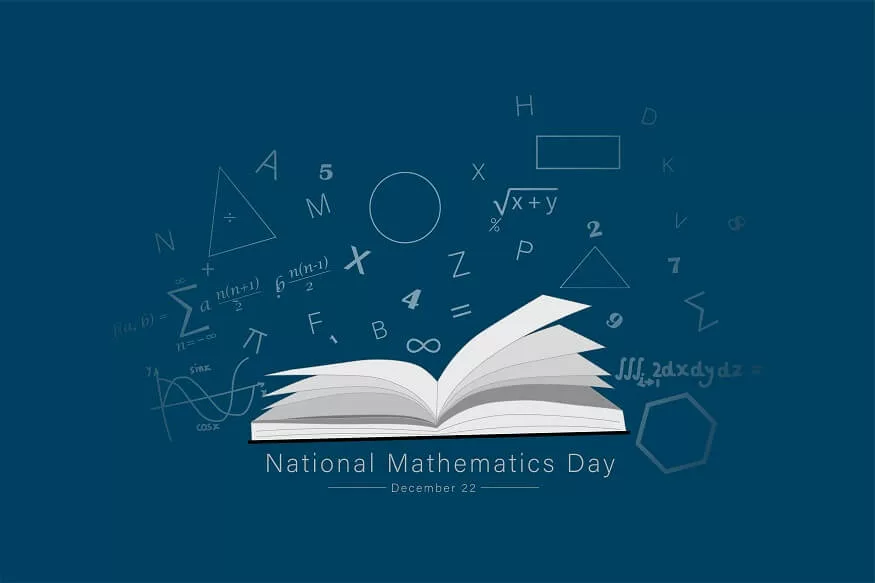Name writing practice is a crucial skill for preschoolers as it lays the foundation for literacy development. Engaging preschoolers in creative and interactive activities can make the learning process enjoyable and effective. In this article, we will explore 12 name writing activities for preschoolers, including the use of name tracing worksheets and other free resources to enhance their learning experience.
12 Name Writing Activities for Kids
Name writing refers to the process of learning and practising how to write one’s own name, typically undertaken by preschoolers as part of early literacy development. It involves the recognition of individual letters, understanding their order, and the development of fine motor skills necessary for writing. Here are 12 name writing activities for kids
- Personalised Name Art: Encourage creativity by helping preschoolers turn their names into works of art. Provide a variety of materials such as coloured paper, glue, and glitter. Children can cut out the letters of their names and decorate them to create a personalised masterpiece.
- Name Tracing Worksheets: Utilise name tracing worksheets to assist preschoolers in learning the correct way to write their names. These worksheets provide a structured format for children to trace over their names, helping them develop fine motor skills and muscle memory.
- Chalkboard Fun: Transform a simple chalkboard into an interactive learning tool. Allow preschoolers to practise writing their names using colourful chalk. This tactile experience provides a sensory element to the learning process.
- Playdough Names: Enhance fine motor skills by incorporating playdough into name writing activities. Preschoolers can roll out the playdough and shape it into the letters of their names. This hands-on approach makes learning enjoyable and effective.
- Name Recognition Games: Engage preschoolers in games that involve recognising and writing their names. Use flashcards with their names written on them and encourage the children to find their own card, promoting name recognition and spelling.
- Alphabet Stamps: Introduce alphabet stamps as a fun way for preschoolers to write their names. Provide ink pads and letter stamps, allowing children to stamp out the letters of their names on paper. This activity combines creativity with letter recognition.
- Outdoor Name Hunt: Take the learning outside by organising a name hunt. Write the names of the children on cards and hide them around the play area. Encourage the preschoolers to find their names, promoting both name recognition and physical activity.
- Rainbow Name Writing: Bring colour into name writing practice by having children write each letter of their names in a different colour. This activity not only reinforces letter formation but also introduces the concept of colours.
- Name Collages: Foster creativity and fine motor skills by creating name collages. Provide magazines, scissors, and glue, allowing preschoolers to cut out letters and pictures that represent each letter of their name, then arrange them on a piece of paper.
- Name Puzzles: Create personalised name puzzles by writing each letter of a child’s name on separate puzzle pieces. Assemble the pieces in a bag, and preschoolers can enjoy putting together their names like a puzzle, reinforcing letter order and recognition.
- Sand Tray Writing: Add a sensory element to name writing by using a tray of sand. Children can use their fingers or a stick to write their names in the sand, promoting fine motor skills while having a tactile and enjoyable experience.
- Name Building Blocks: Utilise building blocks or magnetic letters to encourage preschoolers to build their names. This hands-on activity enhances letter recognition and reinforces the order of the letters in their names.
Also Read: How playfulness develops and spurs a drive to learn
Benefits of Name Writing Activities for Preschoolers
Here are the benefits of name writing activities for kids
- Personal Identity and Ownership: Learning to write one’s name gives preschoolers a sense of personal identity and ownership. It establishes a connection between symbols (letters) and the self, fostering a sense of individuality and belonging.
- Early Literacy Development: Name writing activities lay the groundwork for early literacy skills. Preschoolers begin to understand that written words have meaning, and this understanding is fundamental to reading and writing development.
- Fine Motor Skill Development: The physical act of writing involves fine motor skills such as hand-eye coordination, finger dexterity, and grip strength. Name writing activities, especially those involving tracing and manipulating writing tools, contribute to the refinement of these skills.
- Letter Recognition: Name writing naturally involves letter recognition. As preschoolers learn to identify and write the letters in their names, they gain a foundational understanding of the alphabet, which is crucial for reading and writing in the future.
- Spatial Awareness and Letter Formation: Writing one’s name requires an understanding of spatial relationships between letters. Name writing activities help preschoolers develop the ability to form letters correctly, distinguishing between upper and lower case letters, and understanding the left-to-right progression of writing.
- Cognitive Development: Engaging in name writing activities stimulates cognitive development. Preschoolers learn to sequence letters in the correct order, enhancing memory and concentration skills. This cognitive exercise is vital for overall brain development.
- Language Development: While practising name writing, preschoolers often verbalise the letters they are writing. This verbal association strengthens language development, helping them learn the sounds and names of letters, which is foundational for reading and phonemic awareness.
- Boost in Confidence: Successfully writing one’s name is a tangible achievement for preschoolers. This accomplishment boosts their confidence and encourages a positive attitude towards learning. It provides a sense of mastery and competence that is essential for future educational pursuits.
- Preparation for School: Proficiency in name writing is a practical skill that prepares preschoolers for the structured learning environments they will encounter in primary school. It establishes a foundation for more complex writing tasks and assignments.
- Parental Involvement: Name writing activities often involve interaction with parents or caregivers. This engagement creates opportunities for positive parent-child interactions, reinforcing the importance of education and creating a supportive learning environment.
Also Read: The Importance of Play-based Learning in Kindergarten
Incorporating these name writing activities into a preschool curriculum can make the learning process enjoyable and effective for young learners. EuroSchool combines creativity, sensory experiences, and interactive games to help preschoolers develop essential fine motor skills and lay the foundation for future literacy success. Additionally, the use of free resources such as name tracing worksheets adds structure to the learning process.










